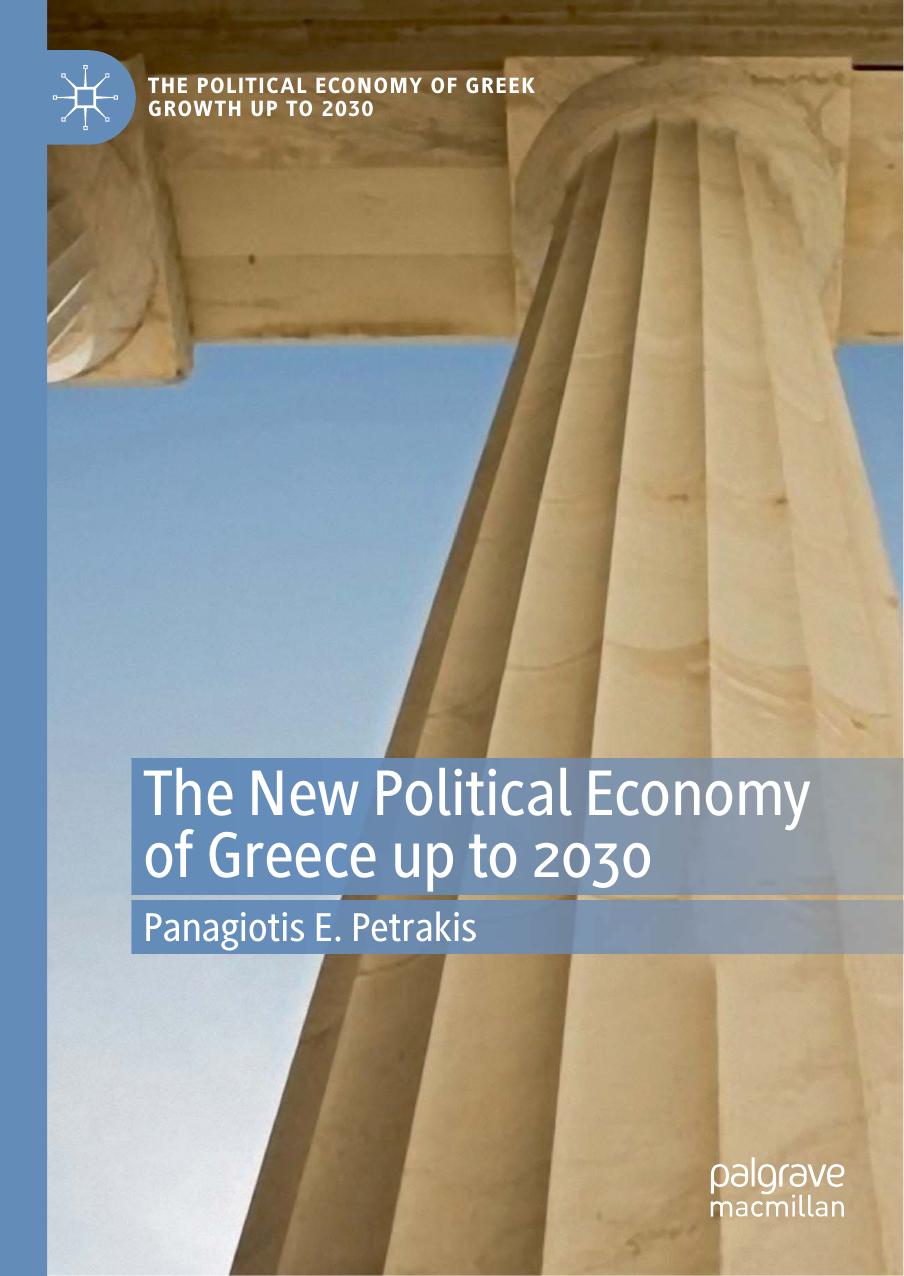The New Political Economy of Greece up to 2030 by Panagiotis E. Petrakis

Author:Panagiotis E. Petrakis
Language: eng
Format: epub, pdf
ISBN: 9783030470753
Publisher: Springer International Publishing
The functioning of a financial system and the growth potential of an economy are tightly linked. The relationship is characterized by a strong, reciprocal association, where the policies of banking institutions and capital markets alternatively affect, and are influenced by, the growth rate of an economy.
Issues such as liquidity, leverage and risk-taking in an economy go hand in hand with the business cycle and serve as systemic, procyclical variables, leading to a high degree of volatility in the economic system. At the same time, however, the economic conditions affect the profitability of the financial system and, by extension, the funding policies of financial institutions.
The question that arises is whether this endogenous situation makes the financial system, and ultimately the capitalist system, fundamentally vulnerable to constant crises. Can macroprudential policies, to a greater or lesser degree, curb this problematic functioning of financial systems? And is it possible to eliminate the negative feedback loop that exists between public borrowing and banking systems through the continuous recycling of debt burdens? These are some of the questions where public policy can help shape the relationship between financial systems and economic growth.
This time, however, the crisis did not come from the financial system. Covid-19, having an exogenous originâin terms of economic systemâcaused a negative shock in both supply and demand, resulting in expectations for a dramatic reduction in economic activity (as was the case). This caused recessionary expectations and then a recessionary reality. This reality was reflected in expectations for business profits. Thus, stock market indices collapsed as did, of course, the values ââof all kinds of assets. But this is nothing more than a classic âMinsky Moment,â which reveals the leverage exposure of over-indebted portfolios. Fortunately, liquidity injections, mainly of monetary and fiscal policy, have so far stopped the immediate transmission of the crisis within the banking system. However, it is a fact that non-performing loans will increase and the profits of banking institutions will shrink. Consequently, the transferring of the crisisâ effects within the financial system will be, up to a point, inevitable.
Download
The New Political Economy of Greece up to 2030 by Panagiotis E. Petrakis.pdf
This site does not store any files on its server. We only index and link to content provided by other sites. Please contact the content providers to delete copyright contents if any and email us, we'll remove relevant links or contents immediately.
The Fifteen Biggest Lies about the Economy: And Everything Else the Right Doesn't Want You to Know about Taxes, Jobs, and Corporate America by Joshua Holland(1115)
The Economist (20210109) by calibre(933)
The World For Sale by Javier Blas(861)
Made in China by Anna Qu(849)
Philippines--Culture Smart! by Culture Smart!(711)
Mission Economy by Mariana Mazzucato(690)
Boom and bust a global history of financial bubbles by Quinn William Turner John(679)
Forex Trading All In One For Dummies by Mishra Mamta(663)
Big Money by Kenneth P. Vogel(649)
The Dictatorship of Woke Capital by Stephen R. Soukup(648)
The Money Revolution by Anne Boden(646)
The New Retirement Savings Time Bomb by Ed Slott(634)
Green Public Procurement under WTO Law by Rika Koch(632)
Tax the Rich! by Morris Pearl(630)
Cross Winds: Adventure and Entrepreneurship in the Russian Far East by Myers Steven(616)
The Inflation Myth and the Wonderful World of Deflation by Mark Mobius(607)
Fundamentals of Finance by Mustafa Akan Arman Teksin Tevfik(588)
The Great Demographic Reversal by Charles Goodhart & Manoj Pradhan(580)
European Yearbook of International Economic Law 2017 by Marc Bungenberg Markus Krajewski Christian Tams Jörg Philipp Terhechte & Andreas R. Ziegler(580)
